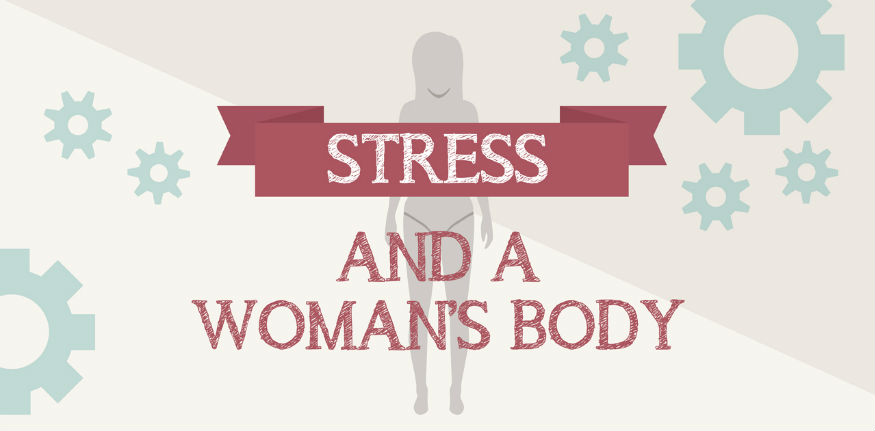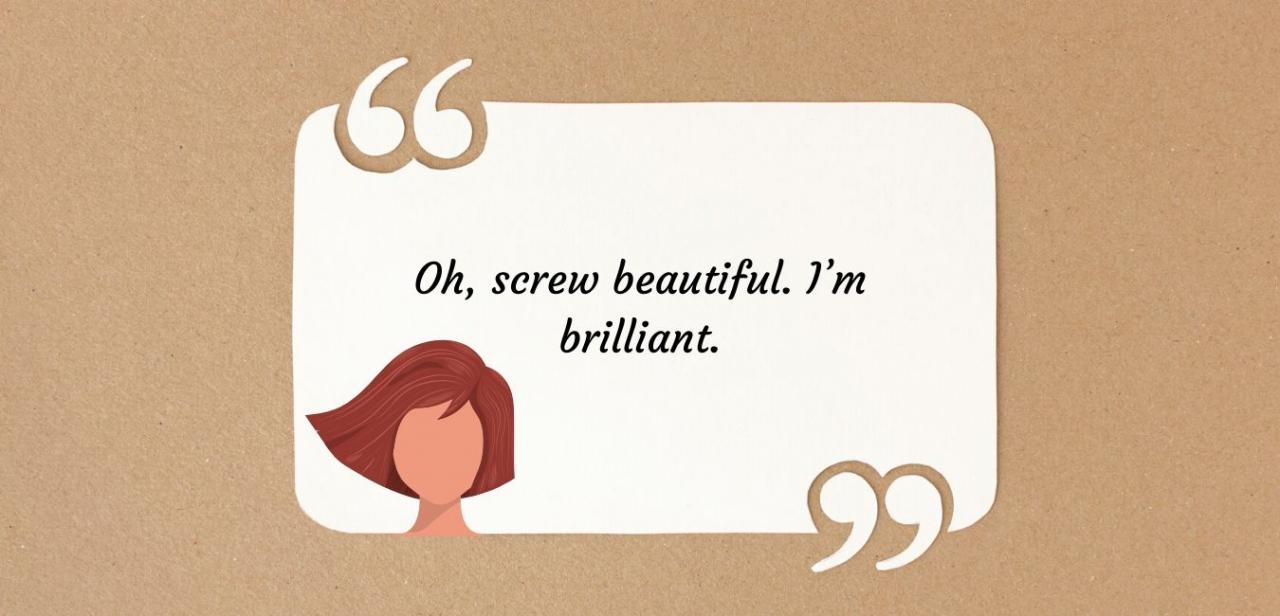 Eutah Mizushima/Unsplash
Eutah Mizushima/Unsplash
Unless you are living under a rock, chances are you have endured a situation that has been painful, stressful, or both. Perhaps you talked with your friends about it, or even sought advice online. However, if you haven't been able to find a satisfactory resolution, what are your next options?
One alternative is to seek advice from a professional therapist. Yet, many are reluctant to do this because they feel that it is a sign of some sort of character defect. It is important to keep in mind that seeking help is not a sign of weakness.
As a licensed master’s level social worker, I once conducted individual therapy with adults, and also facilitated group therapy. People sought therapy for a number of reasons — everything from substance abuse, to interpersonal conflicts with a family member, to depression, to work-related stressors.
Nearly every person who walked into my office wanted to be reassured that seeking out therapy was a good choice. I would gently reassure them that obtaining professional help for personal stressors, whatever they might be, is a smart decision. And it would be their decision to return for another appointment or even choose another therapist.
Seeking therapy can be beneficial in that it provides an outside professional prospective into a situation that we may be too close to. We just can't see all the angles.
After all, everyone has blind spots, and when something or someone is near and dear to us, and is part of our stress, it can be somewhat challenging to clearly see the entire situation.
Licensed therapists can provide you a safe non-judgmental space to share your thoughts and feelings, and offer valuable insights. Sometimes, people enter into therapy with very dark secrets that they are afraid to tell others because they are so painful and the shame is great.
All experiences sculpt us to some extent, and keeping something buried can manifest into other problems with interpersonal relationships, and can impact physical health as well.
Your decision to seek out professional help is a sign that you want things to change. This is the one of the first steps to getting control over your stress. The therapist can provide much-needed guidance to navigating your path.
Depending on the nature of your situation, stressful situations can often be very overwhelming, and lonely. Therapists can also help you organize a plan to help address this.
Sometimes just having a plan can take away the strain of not knowing what to do. You know that you have help, and the time set aside each week, to address your issue.
While a therapist can’t undo your past, or wave a magic wand and clear out all of your emotional distress, they can give you recommendations and suggestions to help lessen the intensity of your pain. And sometimes, just talking about your conflicts can be a relief because you feel support.
If you don’t feel an immediate connection with your therapist, ask yourself if it is because of the topic that you are discussing. It may be that you might feel uncomfortable with anyone sharing this, or perhaps you do need to make an appointment with someone else. And this, too, is your decision.
You might not connect with everyone. Not every therapist is going to be able to provide exactly what you may need. Some issues, like substance abuse or sexual abuse, are very specialized and require a therapist with extensive professional training.
However, it is very important to be certain that your therapist is licensed and in good standing with your state board. You can actually go online and, under your state government website page, verify their licensure.
Remember, seeking help is not a sign of weakness. Everyone needs help at some point. Sometimes, the hardest thing is reaching out. Your emotional health is just as important as your physical health.
Kristin Meekhof is a licensed master’s level social worker. She graduated from Kalamazoo College with a major in psychology and complete the master in social work program at the University of Michigan. She is the author of the forthcoming book, “A Widow’s Guide to Healing: Gentle Support and Advice for the First 5 Years.”
Edited by Jody Smith





Add a Comment1 Comments
I am glad you said "therapy CAN be beneficial." For me, a person who chose to see a therapist back in 1981, this was not the right choice. In fact, going to therapy was the singlemost worst decision of my life. I was an independent, hard-working and talented music student who, because of therapy, became dependent and needy. My parents were shocked to see the changes in me in only a short period of time. They noted that the therapists never addressed the problems I came to them with in the first place. THREE DECADES later, I found that what I came to them for was still completely unsolved and hadn't even been addressed. What I received in the place of any sort of answer or cure was abuse. I was given fake diagnoses, pills that never helped, was incarcerated in hospitals where they ignored what was truly amiss, and ultimately, my reputation and my body itself were so badly damaged that I had to do a drastic relocation to rid myself of the unfounded "diagnoses" they had arbitrarily assigned to me. The only way I could solve any of the original problems that plagued me for three decades was to ditch therapy once and for all, and go back to being the independent spirit I always was. Julie Greene (my real name)
August 13, 2015 - 6:29pmThis Comment